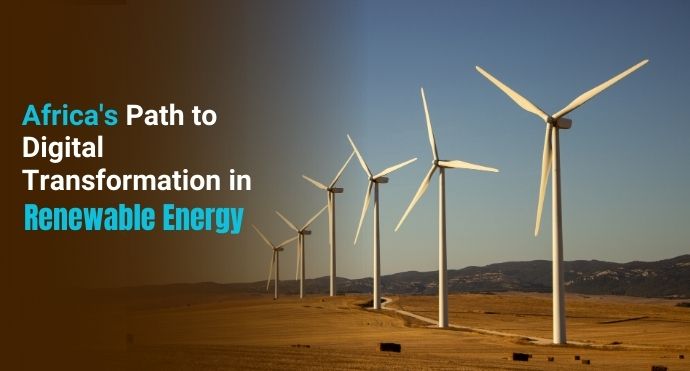Africa, a continent that contributes less than 4% of the world’s carbon emissions, is already feeling the harsh impacts of climate change. Rising temperatures, tropical storms, flooding, and severe droughts have become more frequent. If left unchecked, the ripple effects of climate change could push an estimated 40 million Africans into extreme poverty by 2030.
The need for affordable energy in Africa is urgent and immediate. To achieve universal access to affordable electricity by 2030, we must add 90 million people to the power grid each year. This is a threefold increase from recent years. The good news is that the International Energy Agency reported a record-breaking addition of 295 gigawatts of renewable energy capacity globally in 2021, expected to reach 320 gigawatts in 2022.
Signs of a green energy revolution are emerging across Africa. Former Nigerian President Olusegun Obasanjo emphasized the need for a comprehensive plan that considers all stakeholders’ needs for Africa’s economic and social development. However, a significant hurdle remains: the International Energy Agency predicts a $28 billion annual investment gap for energy in Africa up to 2030.
Artificial Intelligence (AI) is poised to play a pivotal role in the future of energy. AI can enhance energy efficiency and promote the adoption of low-emission technologies, such as decentralized renewable energy.
Africa’s focus should be on five key areas: climate change, energy access, digital talent, digital transformation, and AI. These areas are crucial for mitigating the impacts of climate change, improving energy security, creating jobs, and realizing the full potential of the digital economy.
Recent developments have brought hope. The African Development Bank announced that European and US donors would provide $20 million in concessional loans to support pay-as-you-go solar companies in sub-Saharan Africa. Additionally, Bloomberg Philanthropies is expanding its global clean energy transition program to 15 more developing countries.
Looking ahead, AI could have a $13 trillion impact on the global economy by 2030, with Africa expected to be one of the biggest beneficiaries. However, to fully harness the potential of AI, Africa must make necessary investments and implement the right policies. The energy transition offers a unique opportunity for Africa to build a more sustainable future, but the continent must take ownership of the process and commit to a long-term vision.
Conclusion:
The path to digital transformation in renewable energy in Africa is challenging but promising. With the right focus, investment, and policies, Africa can lead a green energy revolution, leveraging AI and digital technologies to create a sustainable and prosperous future. The continent’s abundant resources, coupled with the power of AI and digital transformation, provide a unique opportunity to address its energy needs sustainably. As Africa stands on the brink of this digital transformation, the commitment to a long-term vision and ownership of the process will be crucial. The journey may be arduous, but the potential rewards – a sustainable, prosperous, and climate-resilient Africa – are immense.



